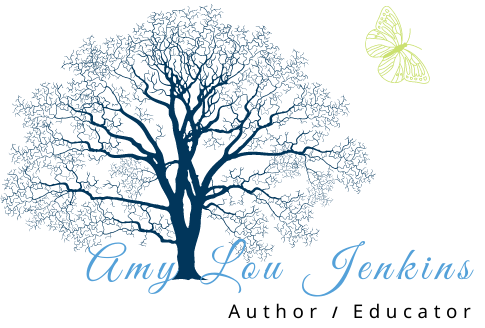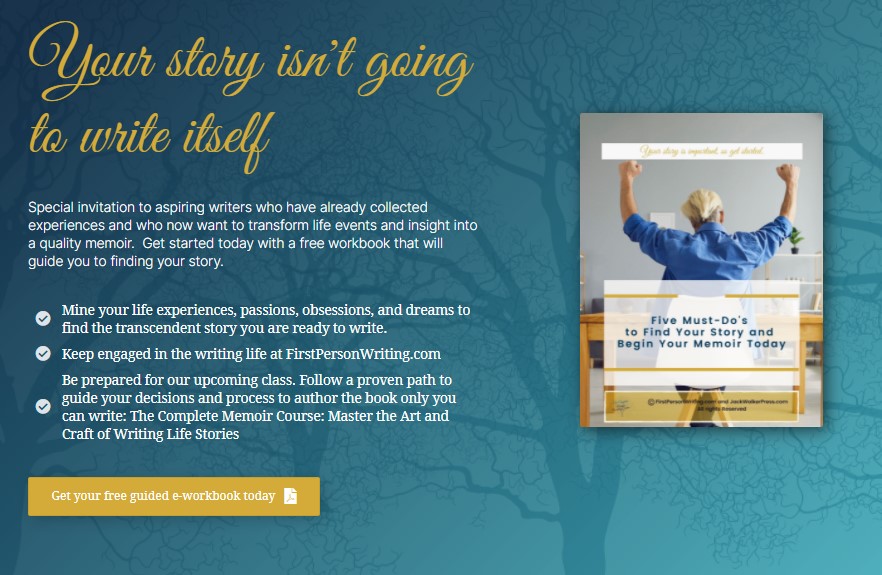
Make Lasting Meaning From Your Life
Write a Literary Memoir
The Art of the Literary Memoir: Storytelling for Troubled Times
The literary memoir serves as an amalgam of personal narrative and literary artistry. Create stories that matter to readers. Read stories that leave the page as they become your experience. The literary memoir stays with the reader and has a life of its own within the reader. Whether you are a reader enthralled by the experiences of others or a writer eager to share your own journey, the literary memoir offers a unique platform to explore the profound aspects of human life. Celebrate the literary memoir. Discover how literature binds us together. These divisive times call for artists of all kinds to step forward.
Why Literature Matters
Literature has long been a cornerstone of human culture, acting as both a mirror and a beacon. Before we knew the word literature, we still had stories. Stories help us make sense of the details of life. Literary memoirs help us understand diverse perspectives, foster empathy, move us to act, and offer us comfort in the shared experience of being human. As celebrated author Azar Nafisi (Reading Lolita in Tehran: A Memoir in Books and Read Dangerously: The Subversive Power of Literature in Troubled Times) has noted, What we search for in literature “is not so much reality but the epiphany of truth.” This truth often emerges vividly in literary memoirs as well as literary fiction where the authenticity of stories helps illuminate universal themes. Memoir can carry the experience and essence of history through time. Read and write literary memoirs to have and to leave a lasting impact.
The article continues after this optional video.
Historical Impact of Literary Memoirs
Throughout history, literary memoirs have shaped public opinion and provoked change. The Grimké sisters, Sarah and Angelina, provide a striking example. As daughters of a Southern slave-owning family, they defied societal norms by advocating for abolition and women’s rights through their writings and speeches. Their powerful words not only inspired luminaries like Harriet Beecher Stowe but also contributed to the momentum of social reform. They helped to end slavery.
These writings are not just records of past experiences; they are catalysts for ongoing dialogue and transformation. Anne Frank’s The Diary of a Young Girl continues to educate and inspire generations about the Holocaust, while Maya Angelou's I Know Why the Caged Bird Sings remains a poignant exploration of overcoming adversity and racism.
Crafting Your Literary Memoir
If you're considering writing your own memoir, focusing on how to write memoir with literary flair can be rewarding and impactful. Here are some key elements to consider:
Finding Your Voice
Your voice is the heart of your memoir. It reflects your personality, perspective, and emotions, inviting readers into your world. Nurture an authentic voice that breathes life into your story and connects with your audience on a personal level.
Structure and Theme
Rather than following a strict chronological order, literary memoirs often pivot around a central theme or core experience. This focus provides a cohesive narrative that allows for in-depth exploration of emotions and insights. Consider how Wild, by Cheryl Strayed, chronicles a hike in the Pacific Crest, yet jumps back into time with thematic cohesion.
The Art of Reflection
Reflection is where the memoirist transforms personal experience into universal insight. As Joan Didion suggests, “We tell ourselves stories in order to live.” It is through reflection that we find meaning in our past. Literature offers the reader an opportunity to have their own experience as they read and to make lasting meaning for their own life.
The Rise of Non-celebrity Memoirs
Gone are the days when celebrities primarily dominated memoir bestsellers. Non-celebrity memoirs have seen an upswing in popularity as readers seek authentic, relatable stories from diverse voices. These narratives often offer fresh perspectives and experiences that resonate with readers, proving that you don’t need fame to craft a compelling and successful memoir.
For example, Tara Westover’s Educated captivates audiences with her distinctive story of growing up in a strict and isolated environment. Her pursuit of education stood in opposition to her family’s way of life. Paul Kalanithi’s When Breath Becomes Air offers profound insights into life and mortality from the perspective of a neurosurgeon facing his own terminal diagnosis. These memoirs highlight the universal power of storytelling—rooted in personal truth, yet reaching far beyond the individual.
Building Empathy Through Memoir
Literary memoirs have the incredible ability to cultivate empathy by offering a window into the lives and thoughts of others. They challenge us to understand and appreciate different experiences and perspectives, ultimately bridging gaps in understanding across cultural, social, and personal boundaries.
By immersing ourselves in these stories, we are reminded of our shared humanity and the beauty of diverse experiences. This empathy is essential in building a compassionate world. I wonder if our world would be significantly less divisive if we all read several literary memoirs each year. What do you think?
Join Our LitFriends Community
If you’re inspired to write your own literary memoir, we invite you to join our LitFriends community and take our Complete Memoir Course. Through engaging lessons and personal feedback, you will explore the nuances of memoir writing, refine your voice, and craft a narrative that captures the essence of your experiences. You will follow a proven path. You won’t get stuck.
Our course offers a supportive environment where you’ll connect with fellow writers and experienced instructors, all while developing the skills necessary to create a memoir that leaves an impression. Whether your goal is to understand yourself better or to share your story with the world, our community is here to guide and encourage you every step of the way.
In essence, the literary memoir is more than a recounting of personal events; it’s a celebration of storytelling that connects us all. As you embark on your memoir journey, remember the words of William Zinsser: “Memoir is a window into a life that may turn out to be surprisingly similar—and instructive—to your own.” Embrace your story, share it passionately, and join us in fostering a world where empathy and understanding thrive through the power of narrative nonfiction. Let’s begin.

